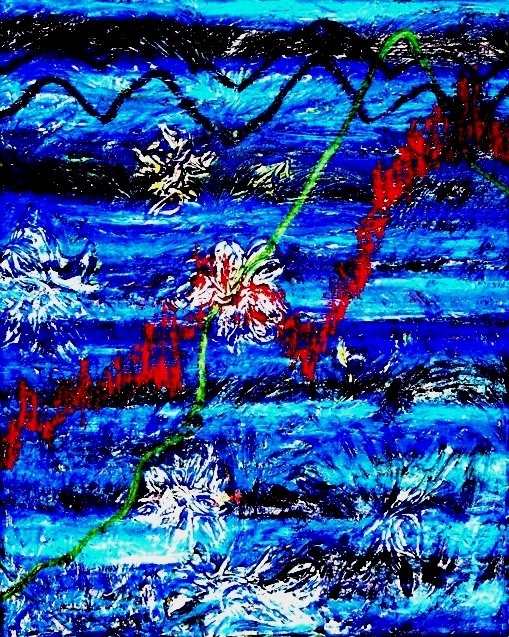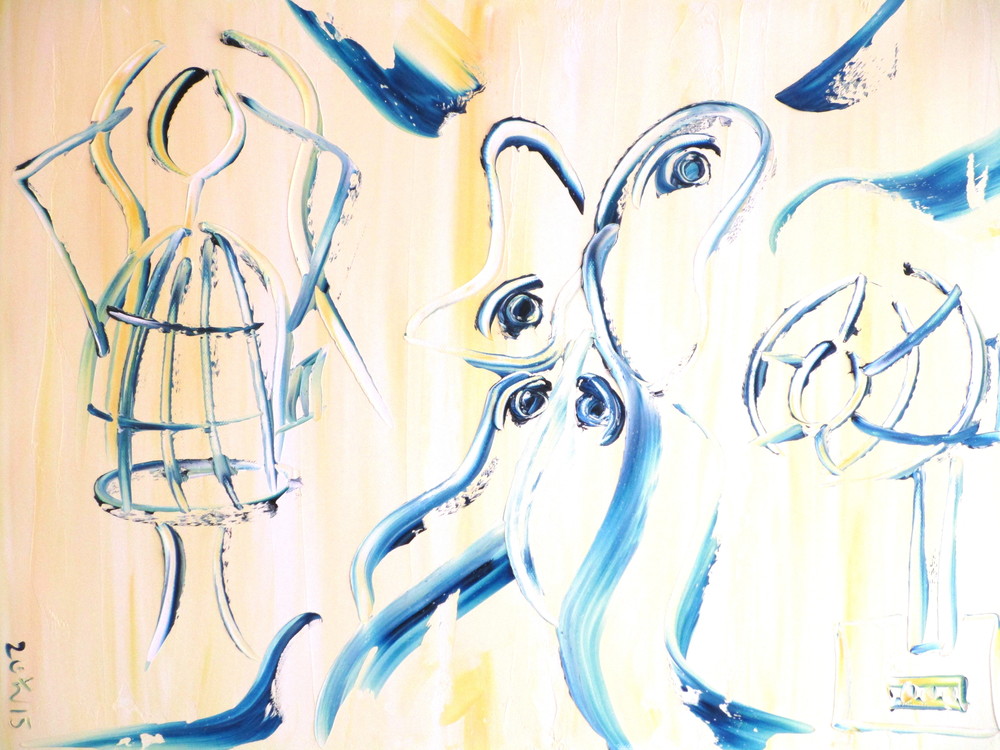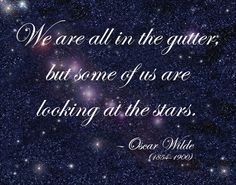Story causes emotion causes action. Or so I think, in the continuing thought experiment in which I recognize how thought shapes reality and make a new life for myself accordingly.
So I’m trying to get my story straight so I know what to say when people ask me who I am and what I’m doing. Instead of immediately thinking to myself, That is such a good question.
Story
Narrative is tricky. What is going on? What am I doing? What was I thinking and how did I wind up feeling closer to being at home than ever before, with the exception of driving and camping alone across the U.S.—but perhaps technically homeless, or more accurately, housing insecure, in a foreign country with no job or ability to legally work?
Possible narrative spines include:
1. Artist leaves stable academic life to become self as artist. Suffering and adventure ensue. Will our brave (or not so brave) protagonist succeed in identifying, articulating, and honing her desires into discrete goals with concrete timetables and outcomes, to generate means-specific yet adaptable plans for attaining those goals? Or will she perhaps try instead to deny that painters need a place to paint and poets need to write poetry, because those things are impractical?

2. Researcher angers Defense establishment by loudly and repeatedly pointing out she proved by releasing and distributing open-source documents that they lied to Congress about their interrogation programs—and it is very bad to lie to Congress, very bad to lie to Congress, very bad to lie to Congress—outs self as the person who did that (how did they not already know?), and is subjected to the technically legal version of contemporary domestic psychops.
The Stasi used to break into people’s homes to move stuff around, to convince them they were going crazy. Defense stops short of breaking and entering. Also, they’re kinda cute. Xo.
Then what? You have to show not tell how this works to even begin to sketch what happened, and that requires playwriting or screenwriting, story-making. Maybe they win if you’re defined by that kind of experience though—and you have to invest in the telling to tell that story, because you have to do it really well and really carefully or you sound crazy and it compounds the burn—instead of just walking away going huh, good game. I abhor evil, but who doesn’t appreciate a good punk? I mean, maybe people who value effective freedom of the press? All five of them. And they’re still busy reading the Snowden documents.
So this is isolating. It’s called a burn because it burns your social network and assets. But lots of life experiences are isolating and isolation doesn’t kill you if you get up and move on. And I can, because I didn’t break any laws and I left. And thank you for showing me my vulnerabilities. They’re just normal human vulnerabilities like the desire to be loved and the wish to keep other people safe. I’m not the one who has to live with playing on them to hurt someone else in the name of security. When we know from evidence-based research that actually, compromising liberty degrades security.
3. Beyond broke, underweight, unemployable in her area of expertise, and lacking the kind of perfect clarity really successful people seem to have about their goals, mercilessly impractical waif of dubious pedigree and intolerably sad eyes who changed her name to Wilde and read The Complete Wilde moves to London to read The Complete Shakespeare. Runs out credit trying to figure out what’s next, following the law by not working without a work permit, trying to figure out how to make art and travel while making money online (because that’s legal and lets me be free). (I’m working on the eyes.)
4. Smart, nice, attractive lady—former model, non-profit leader, and Harvard postdoc—starts a new life by changing her name and moving across the country a few times. Then gets back in touch with all her family after years of silence—clearing the way for connection, yet remaining isolated and disconnected. Turns that weakness into a strength—the complete freedom of nobody caring. Starts a new life again by leaving her day job and country to travel and make art. Goes where she wants to go, does what she wants to do, finds friends and her way.
5. Poet deigns to languish./Water doesn’t need sunlight or fish.
Feelings are supposed to help you choose between narratives. Research on motivated reasoning suggests, in fact, people can’t make decisions without emotion—it’s feeling that helps us decide. But feelings are tricky, too. How do I feel?
Emotion

Possible emotional ecosystems of truthful resonance include:
1. Grounded elation. I’m a funny-looking little girl from Alabama in the Europe making art and friends. This is exactly what I’ve always wanted. I need more of a social justice component to what I’m doing to be happy, but first space, and I think I’ll work on that next. I like the anti-surveillance, secrecy, repression underground, so I think I’ll pitch to that niche market in my art next. Maybe the dark net needs an artist. I certainly need the dark net to talk to people who bureaucrats arbitrarily classify sometimes as terrorists and sometimes as freedom fighters, when I’ve already been under surveillance myself. So I have good direction and next steps.
2. Resigned despair. I’m thirty and I haven’t published a book or had a baby. That officially makes me a non-person as a writer and a woman. (Feeling not belief, mind you. Thank God today I have no manuscript to edit on deadline and no butt to wipe but my own.)
3. Crushing fear. What if I have nothing of value to offer the world? What if I can never articulate or put to use my big-picture insights because I am so visual and big-picture, yet so dyslexic I can’t take the IAT or find my way around my own neighborhood without a map—which is it, brain, high or low visual intelligence? So non-verbal and yet so hypergraphic, I’ve gone months at a time barely speaking yet routinely write thousands of words a day as if it’s how I think—but which is it, wordless or wordy? I make no sense as a character. Call the editor to complain. First be sure to freeze in worthlessness with me. Now mask it. Smile. Bring in the eyes, too. Good.
4. Impatient frustration (with myself). What about that poetry book I was trying to get published, or that performance anxiety I was working on overcoming in my music, or that pipe dream of acting outside community theater I was going to explore in the big city? Maybe I should re-timetable all the things and worry more about doing little next-steps than planning outcomes I can’t control or honing desires I’m not done exploring? Is that immature or is that facing reality head-on? Is it unfocused or is it showing up to what it means to be an artist?
5. Relaxed gratitude. What an adventure I’m lucky to be on now. How I’m shining although I don’t see how it helps the world, where my passion and caring are going to meet people’s needs to make their lives better while building something of my own. Something that lasts.
So What?
That emotions list is supposed to help me with that story list in a way that helps me make better goals and plans. But I don’t know how.
This is what I know. Time is money and I’ve bought mine on credit. It’s terrifying. But it was the right thing to do. I don’t know what I’m doing. But it was the only thing to do.
If I was burned—and perhaps one shouldn’t speak of such things, in particular if one actually has faith in the power of good ideas and people to triumph in decentralized information systems over their lesser competitors; and if they are also probably true and can happen again; but it’s part of the context of my heart—I got a spark from the fire.
If I never figure out how markets work in practice because I’m really smart in some ways and really stupid in others, at least I will have trusted the system, the idea of the universe of abundance, the goodness of other people and potential worth of what I might offer—enough to have tried.
And if I wind up sleeping in the gutter, at least I’ve read my Wilde and I know where to look.

But—shock, surprise!—I don’t want to sleep in the gutter.
I really, really don’t want to sleep in the gutter. I hesitate to admit this because I think things never turn out as badly as I’m afraid they will, and so probably sleeping in the gutter would be fine. But I am, in fact, actively afraid of sleeping in the gutter. I’m afraid I’ll get in trouble. I always seem to be getting in trouble. I’m afraid it will be dirty—not good, outdoorsy dirty, but disgusting, city dirty. I’m afraid of people who find other people sleeping in gutters and see opportunity. I’m afraid of being afraid and thereby creating the world of scarcity in which Hobbes was right and I better be grateful for the Leviathan that protects my property rights sometimes, or I’m gonna get the anarchy in which I can’t protect them myself.
I’m also afraid to give it a go with a rented art studio space I surreptitiously sleep in while letting myself get back into my painting flow state groove where I inexplicably want to be (inexplicable London, inexplicable painting), and giving the art ebusiness thing—that sort-of worked in May, when I sold nine paintings in four weeks via Etsy from Boston—another go, from London. But I don’t seem to have a better idea. I’m an artist and I need to make art. So I’ll do that now and see what happens.